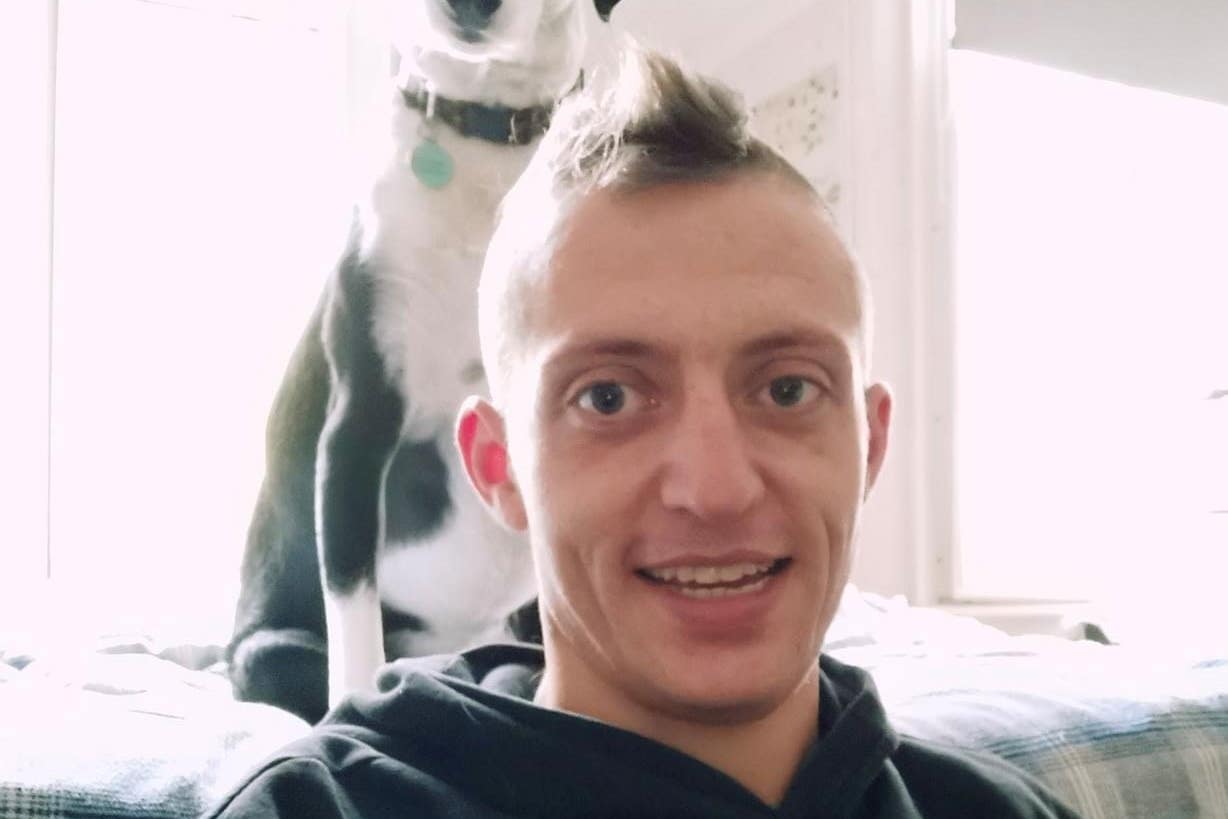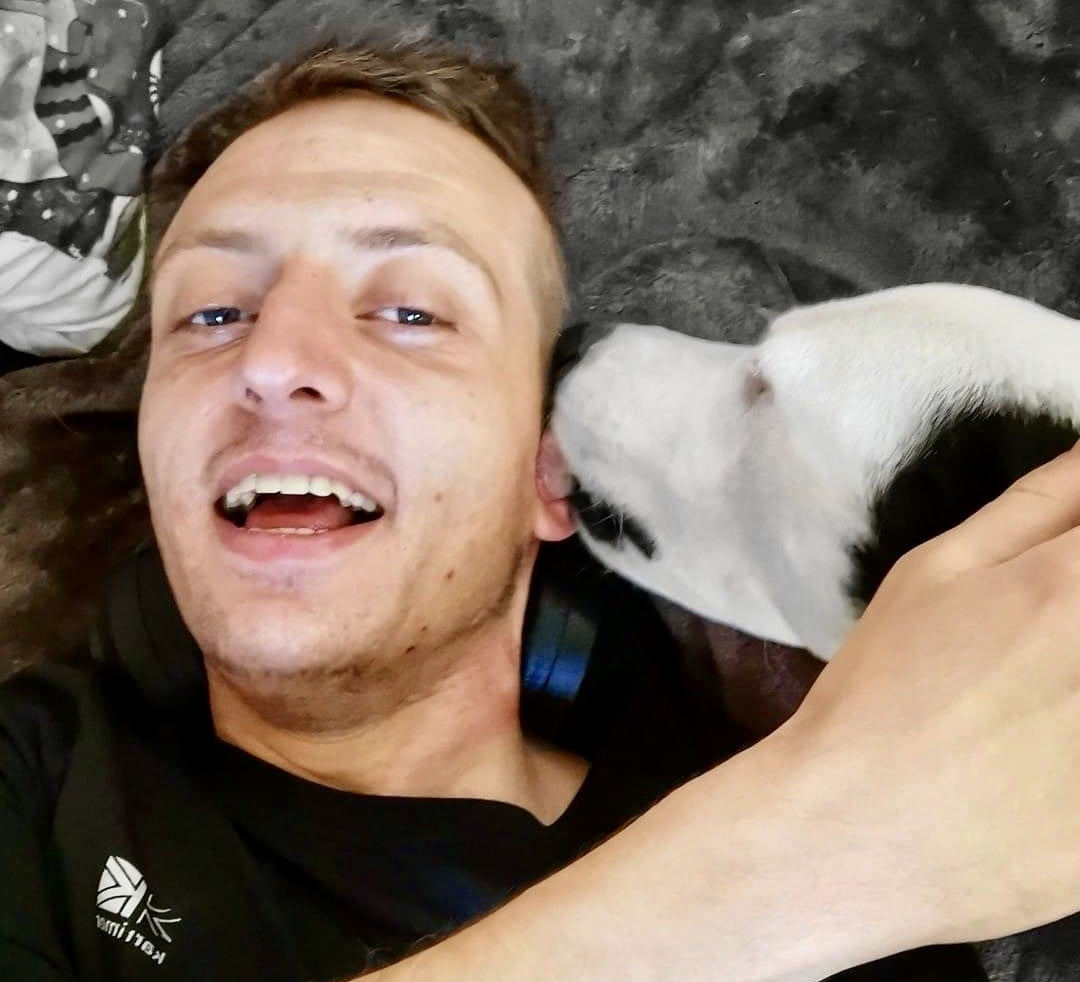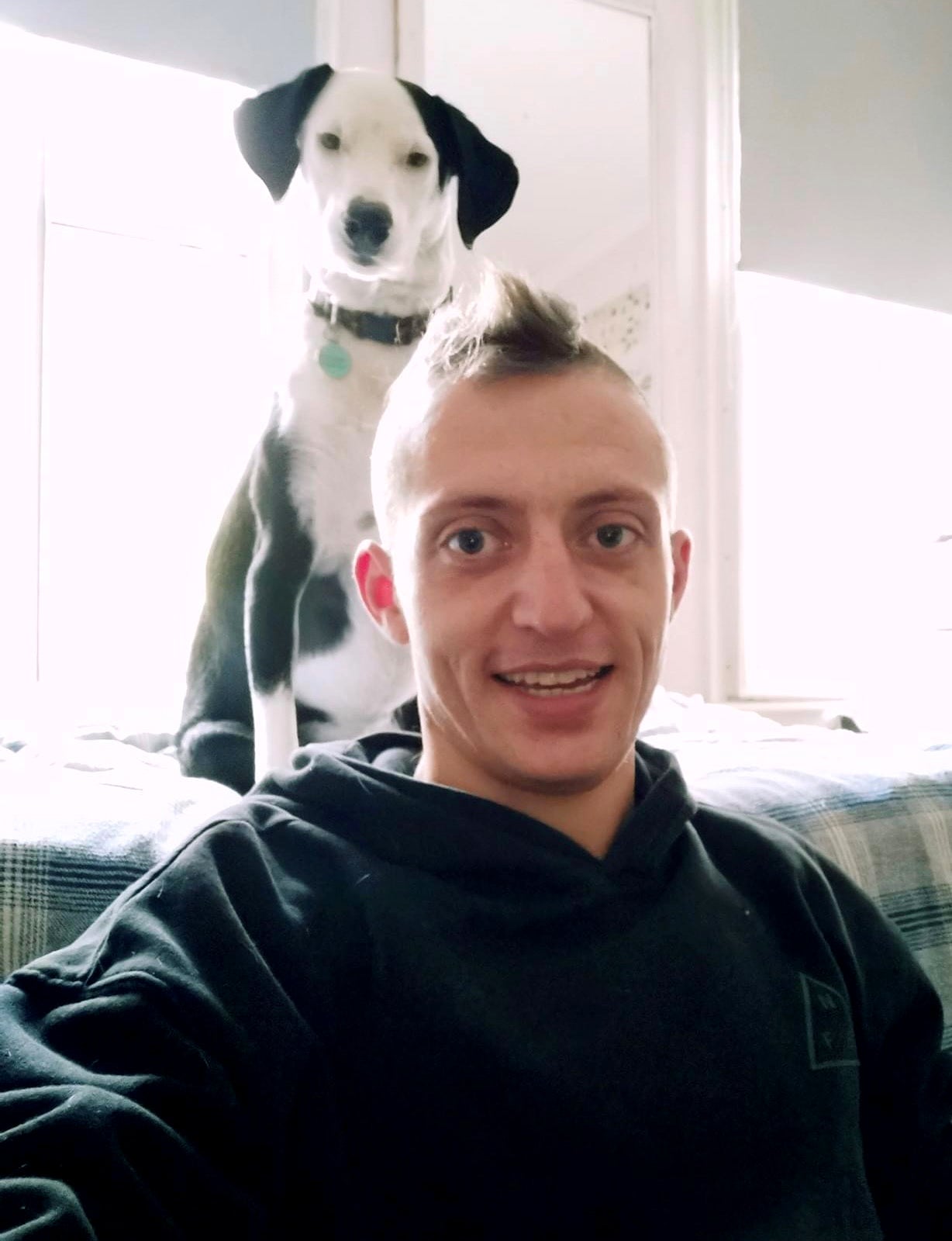Trans person took life outside hospital after ‘screaming for help’
Matty’s doctor highlighted that people who are trans and have neurodivergence are often misunderstood and misinterpreted

Your support helps us to tell the story
This election is still a dead heat, according to most polls. In a fight with such wafer-thin margins, we need reporters on the ground talking to the people Trump and Harris are courting. Your support allows us to keep sending journalists to the story.
The Independent is trusted by 27 million Americans from across the entire political spectrum every month. Unlike many other quality news outlets, we choose not to lock you out of our reporting and analysis with paywalls. But quality journalism must still be paid for.
Help us keep bring these critical stories to light. Your support makes all the difference.
A 29-year-old trans person who felt “dismissed, ignored and lied to” by mental health workers took their own life outside a hospital despite “screaming very loudly for help to stay alive”, their mother has told an inquest.
Matty Sheldrick left A&E and was found in the grounds of Royal Sussex County Hospital in Brighton having “lost all hope” on November 4 and died on November 22, 2022.
Matty was autistic and had ADHD. They moved to Hove in November 2021 with their rescue dog Lola, hoping to live an independent life and did so “with so much hope” that with the right support, they could live a happy and productive life, their mother Sheila Sheldrick said.
But after a decline in their mental health, they were admitted to the short-stay ward at the hospital for suicidal thoughts on September 5 2022, where they stayed for more than three weeks.
Ms Sheldrick told Horsham Coroner’s Court that Matty “reached out for help that did not appear to exist”.
She described how on the ward, Matty was yelled at by a mental health nurse, threatened with being discharged when they said they felt unsafe and held down and sedated when they were having a meltdown.
Ms Sheldrick said the sedation began their distrust of the mental health professionals at the hospital, who worked as part of Sussex Partnership Foundation Trust.
In contrast, she said they spoke fondly of health care assistants and security staff at the hospital, working under University Hospitals Sussex NHS Foundation Trust.
“All that was required was kindness and compassion,” she said.
“The actions and non-actions of both trusts contributed to Matty’s decline in mental health and his death.”
The inquest heard how Matty’s mental health deteriorated and they tried to kill and harm themselves while in hospital.
They were discharged on September 30 before calling an ambulance with further fears of suicide on November 2 to return to A&E, where they were assessed under the mental health act and a decision was made not to detain them.

Dr Robert Sparks, who did the assessment, said that it is well known that hospital environments such as short-stay wards can make a person’s mental health deteriorate.
“Every attempt should be made not to have people in hospital, particularly in that sort of environment,” he said.
Dr Sparks also said there was no hospital that Matty could be sent to, and that “mental health services are in crisis” but in hindsight, he would have detained them.
Ms Sheldrick said Matty’s family are “beyond heartbroken” at their death and that their “journey in life was so hard” and “suffered so much when reaching out to those he thought would support and protect him.”
She added that Matty told his brother: “He didn’t want to die, he wanted help.”
Matty’s GP Dr Sam Hall from WellBN told the hearing there is a “massive gap” in crisis provision relating to mental health, which is a system issue across the country.
“There is a gap people are falling into and I feel we’re all just fighting fires trying to keep people safe,” Dr Hall said.
The doctor also highlighted that people who are trans and have neurodivergence are often misunderstood and misinterpreted.

“Someone like Matty needs constant companionship to be able to navigate the world,” Dr Hall added.
Asked about describing Matty as a vulnerable person, Dr Hall said: “I would say that about anybody that is autistic, ADHD and trans.”
Matty, originally from Surrey, was described as a “kind, bright, creative, sensitive, gentle soul” and had “great hopes for the future, he really wanted to use all he had learned to help others”, according to their mother.
They performed spoken word and flooded social media with their artwork, Ms Sheldrick added, and began illustrating for a new group with the Clare Project in Brighton, a support group for trans and non-binary people, while living in the area.
Ms Sheldrick recalled Matty saying: “I really feel I have found my people here.”
The inquest continues.
The Samaritans can be contacted on 116123 or email jo@samaritans.org
Subscribe to Independent Premium to bookmark this article
Want to bookmark your favourite articles and stories to read or reference later? Start your Independent Premium subscription today.